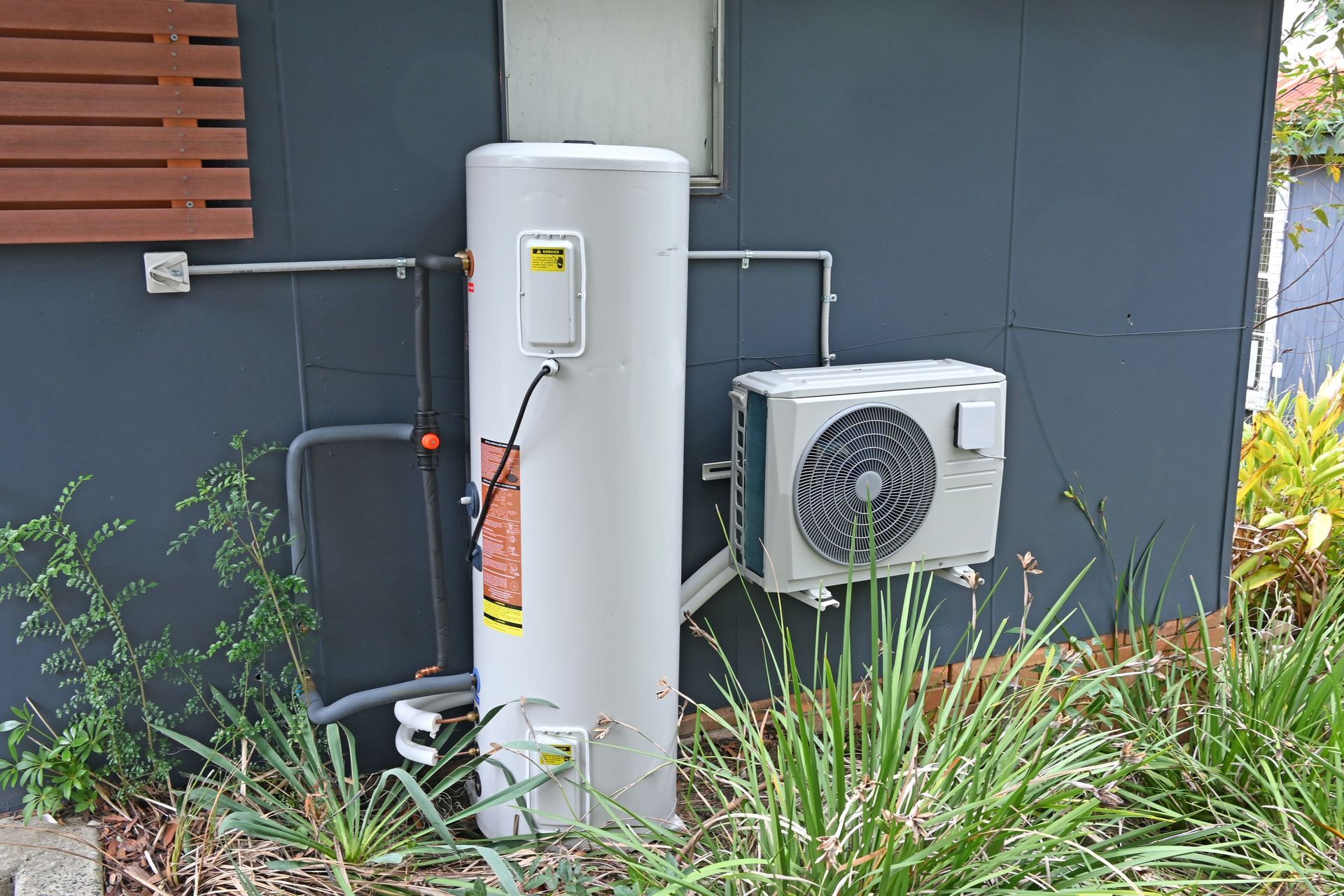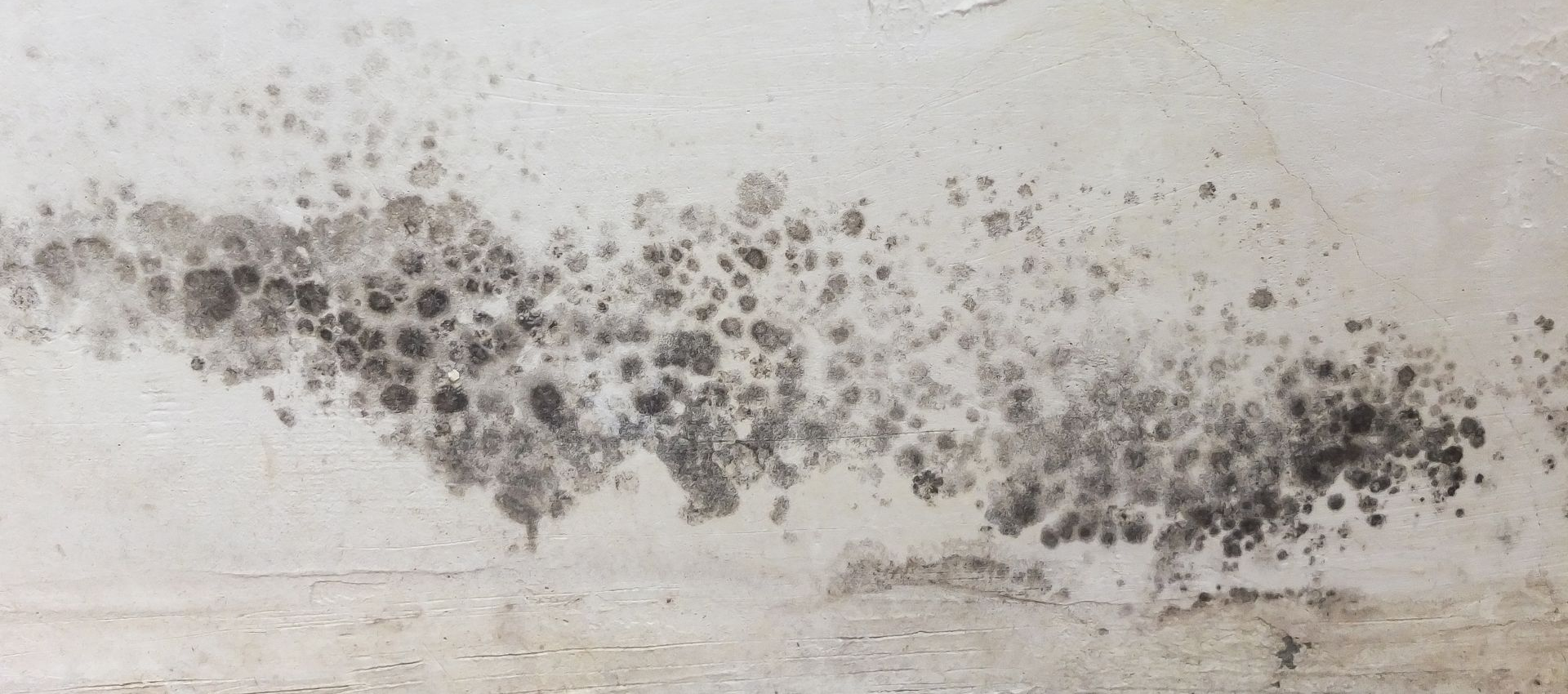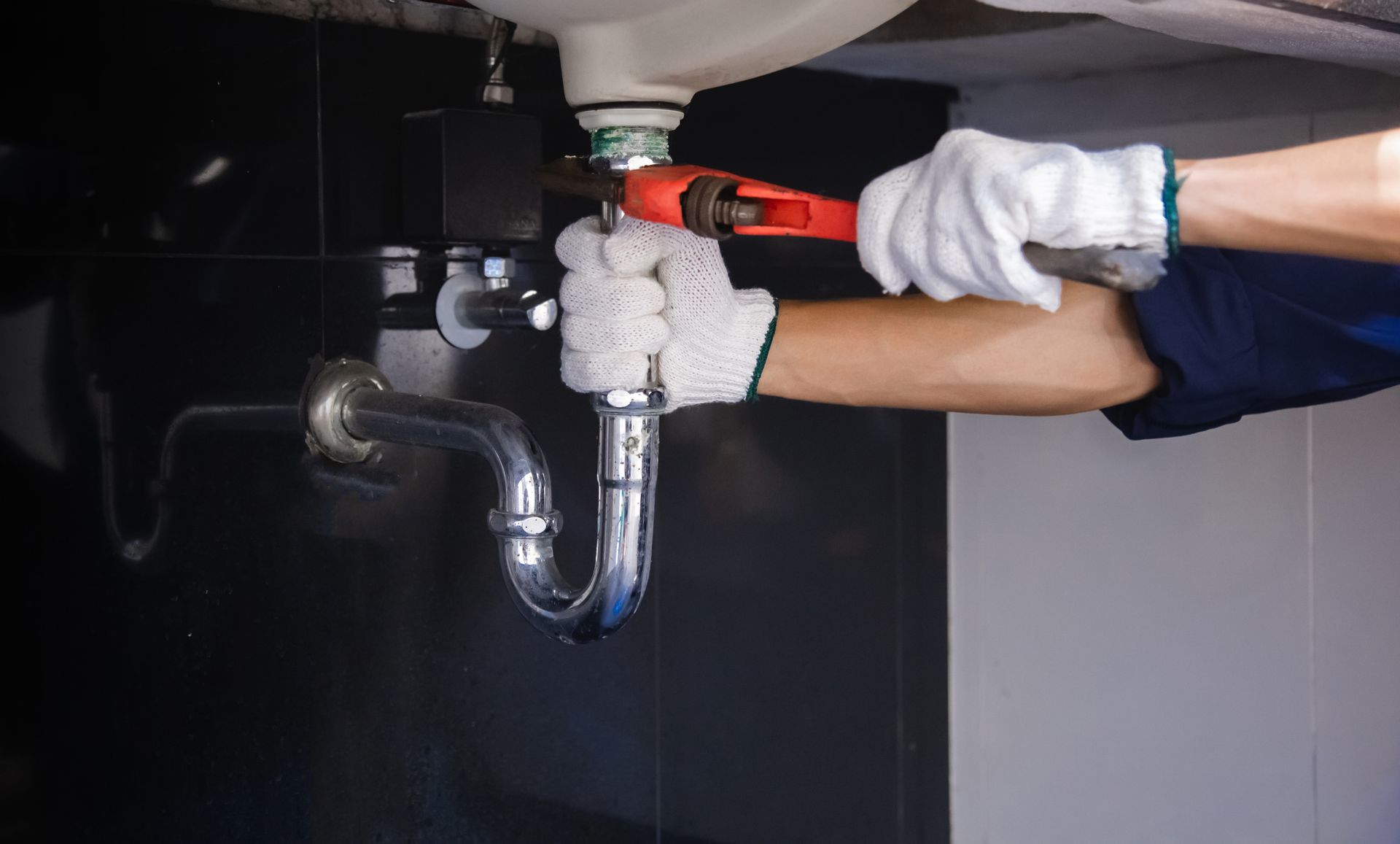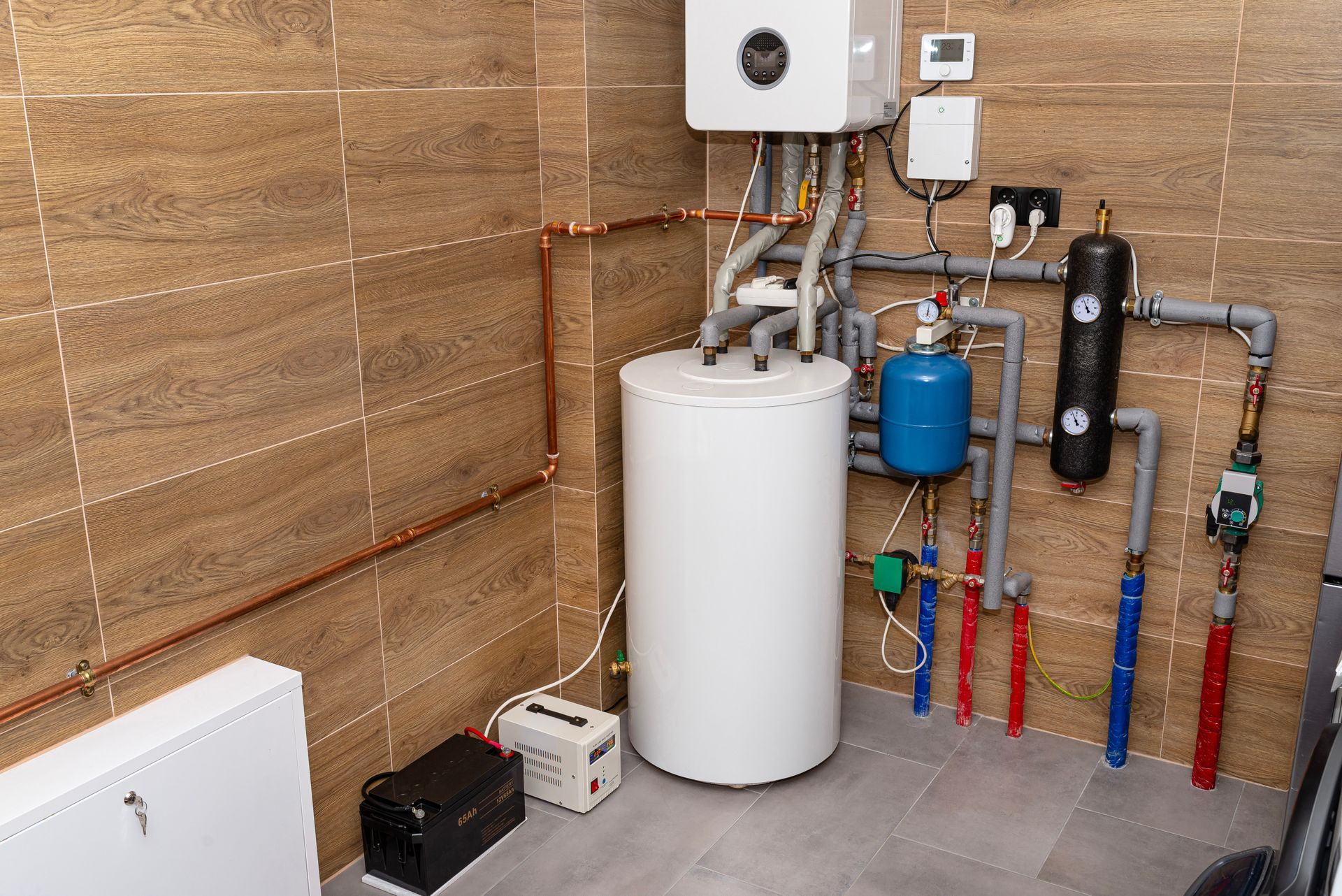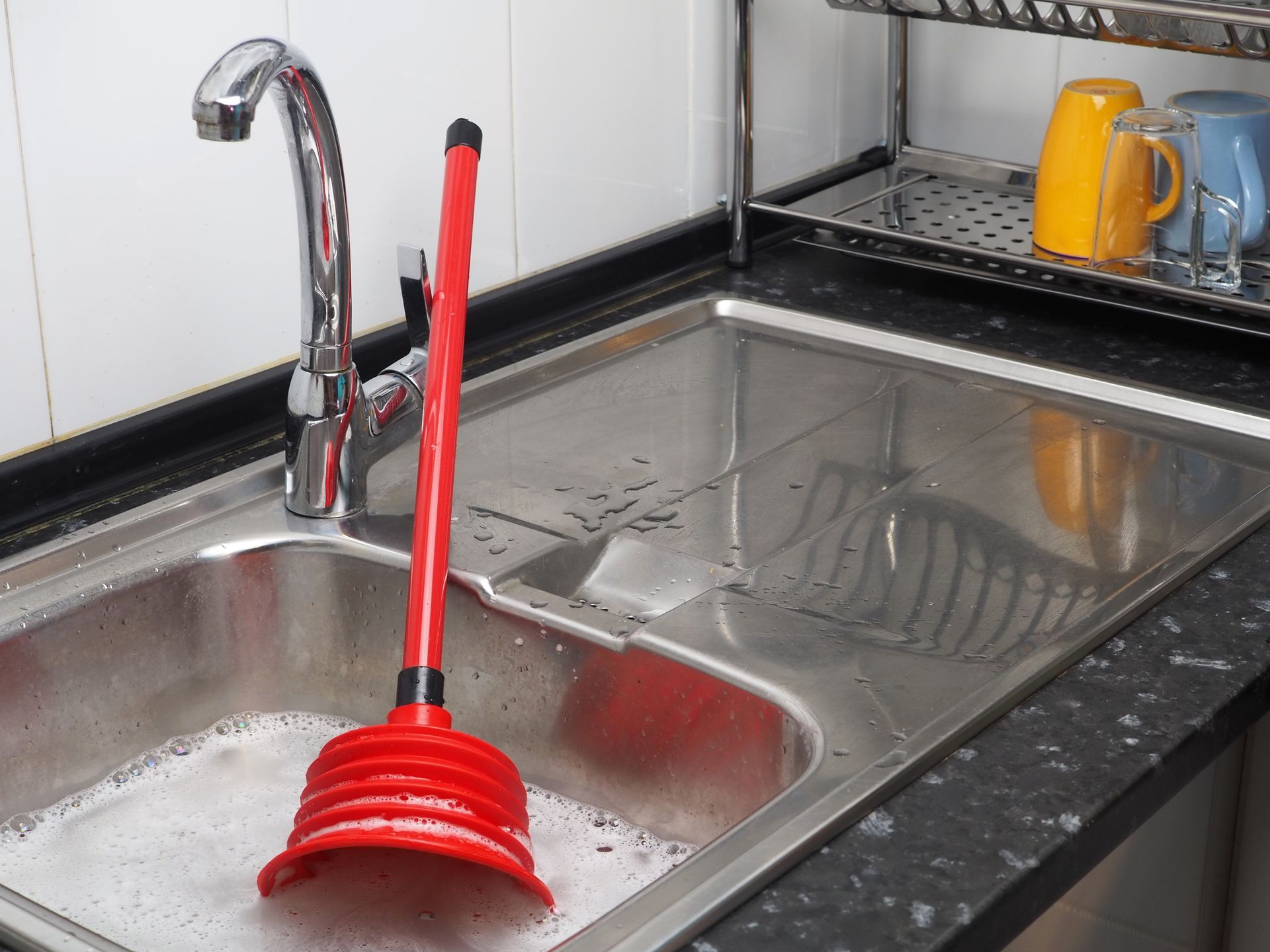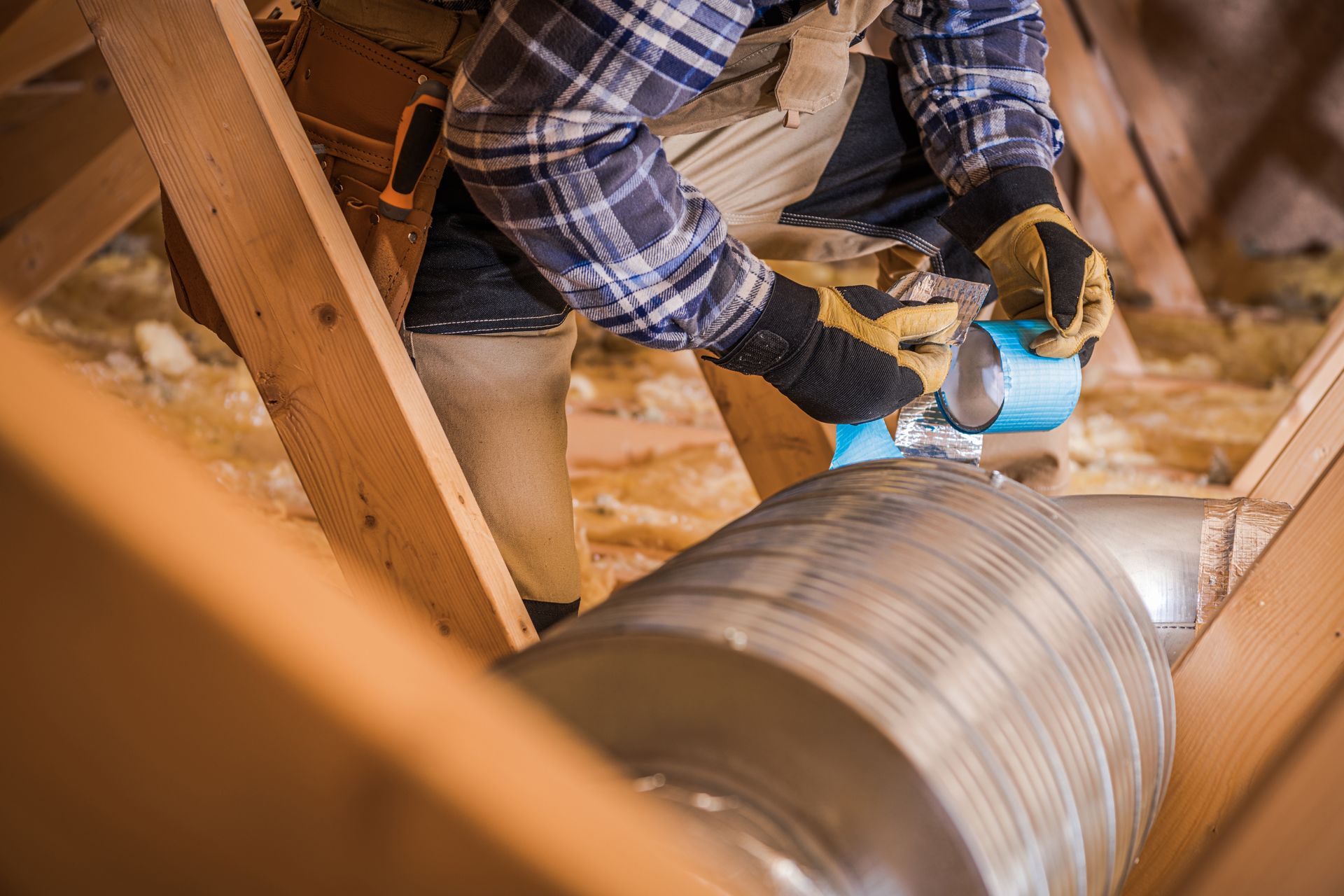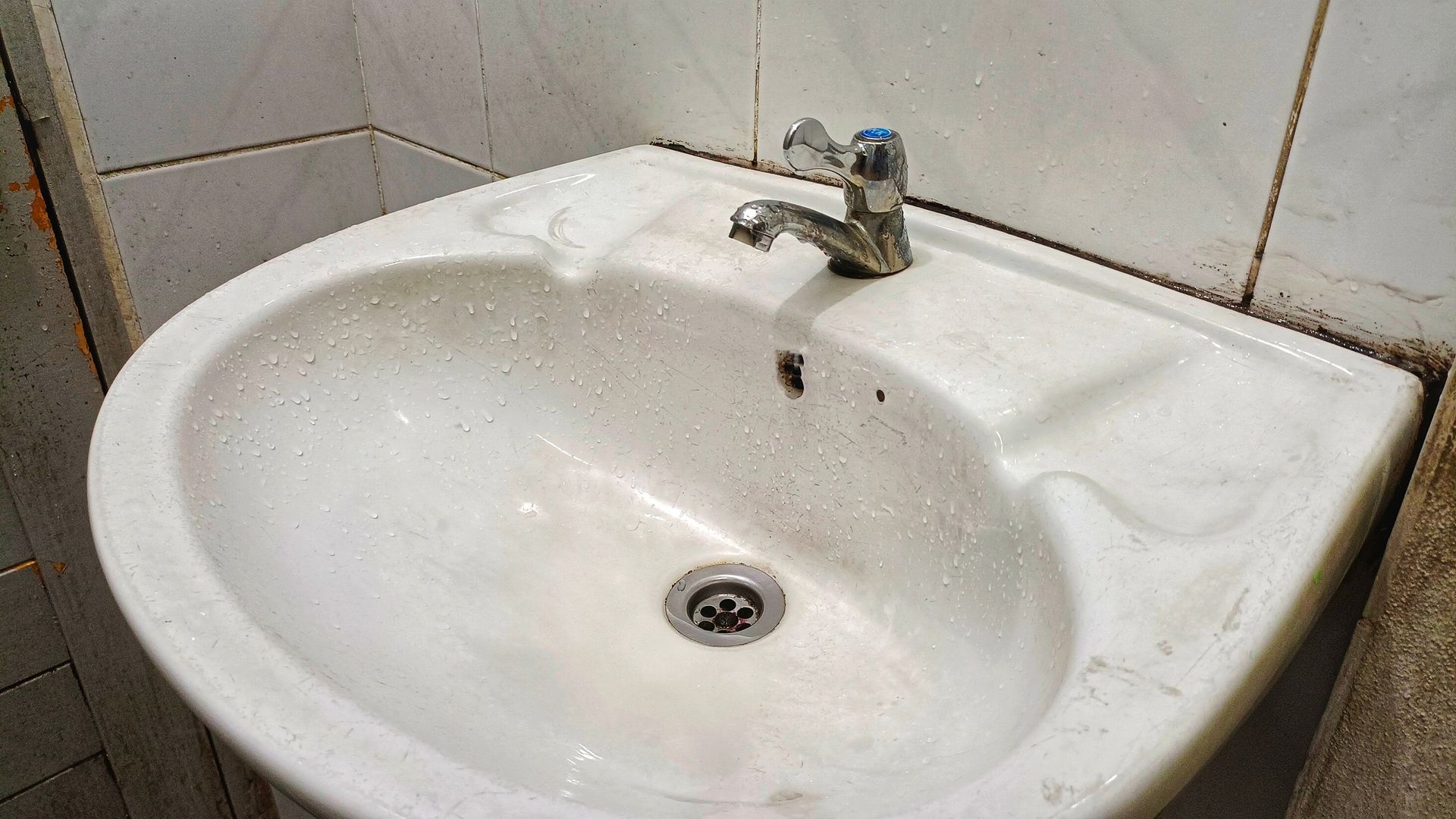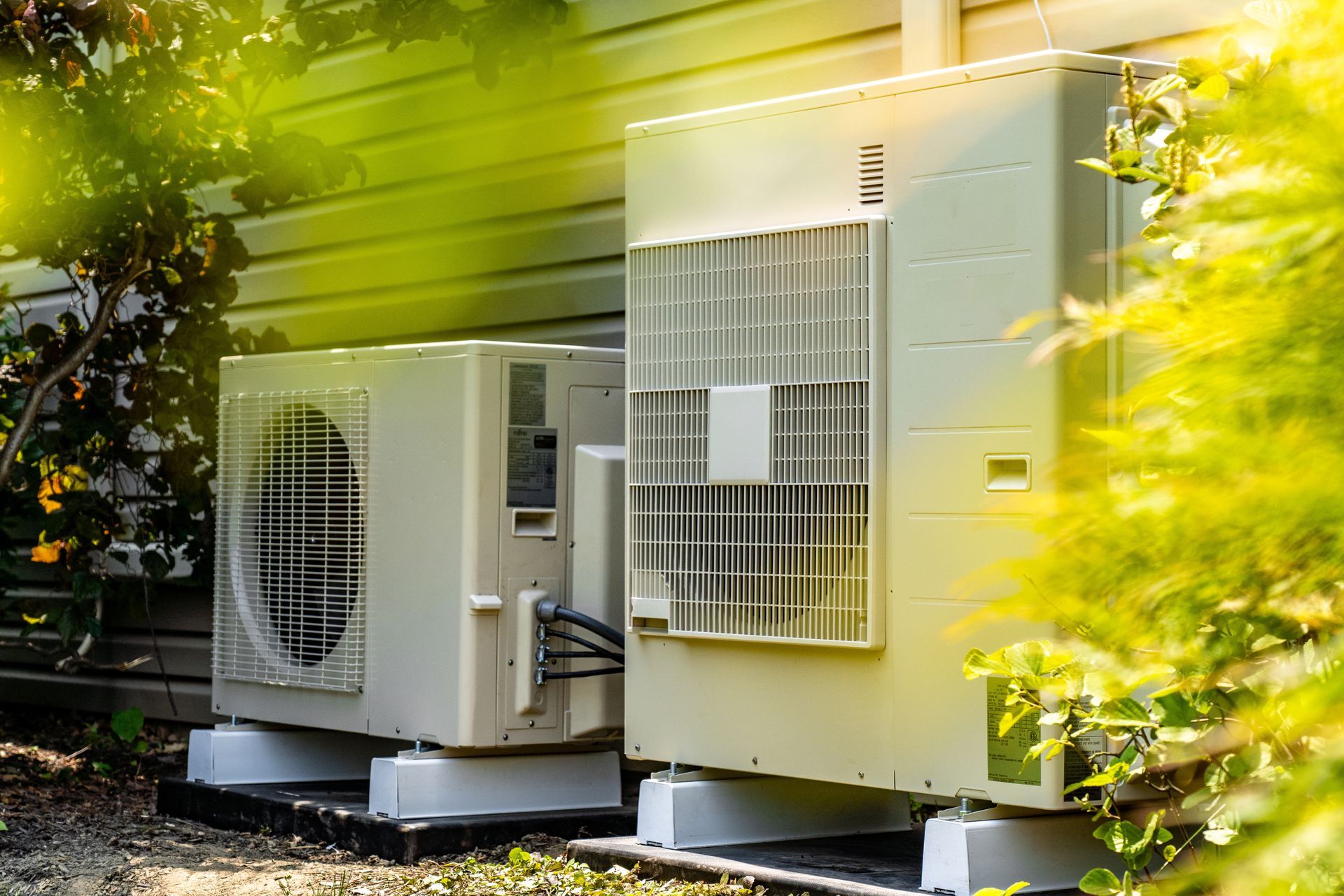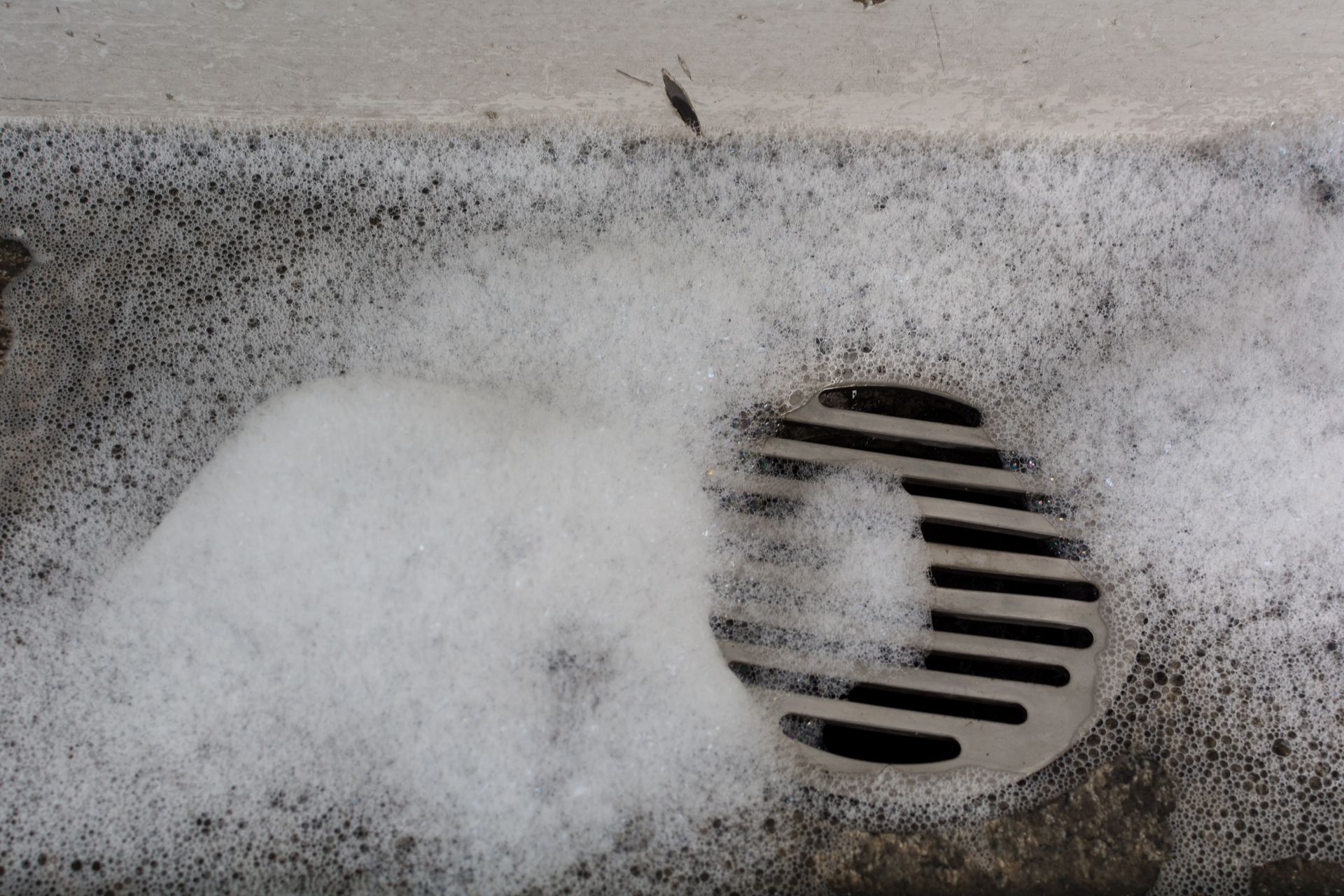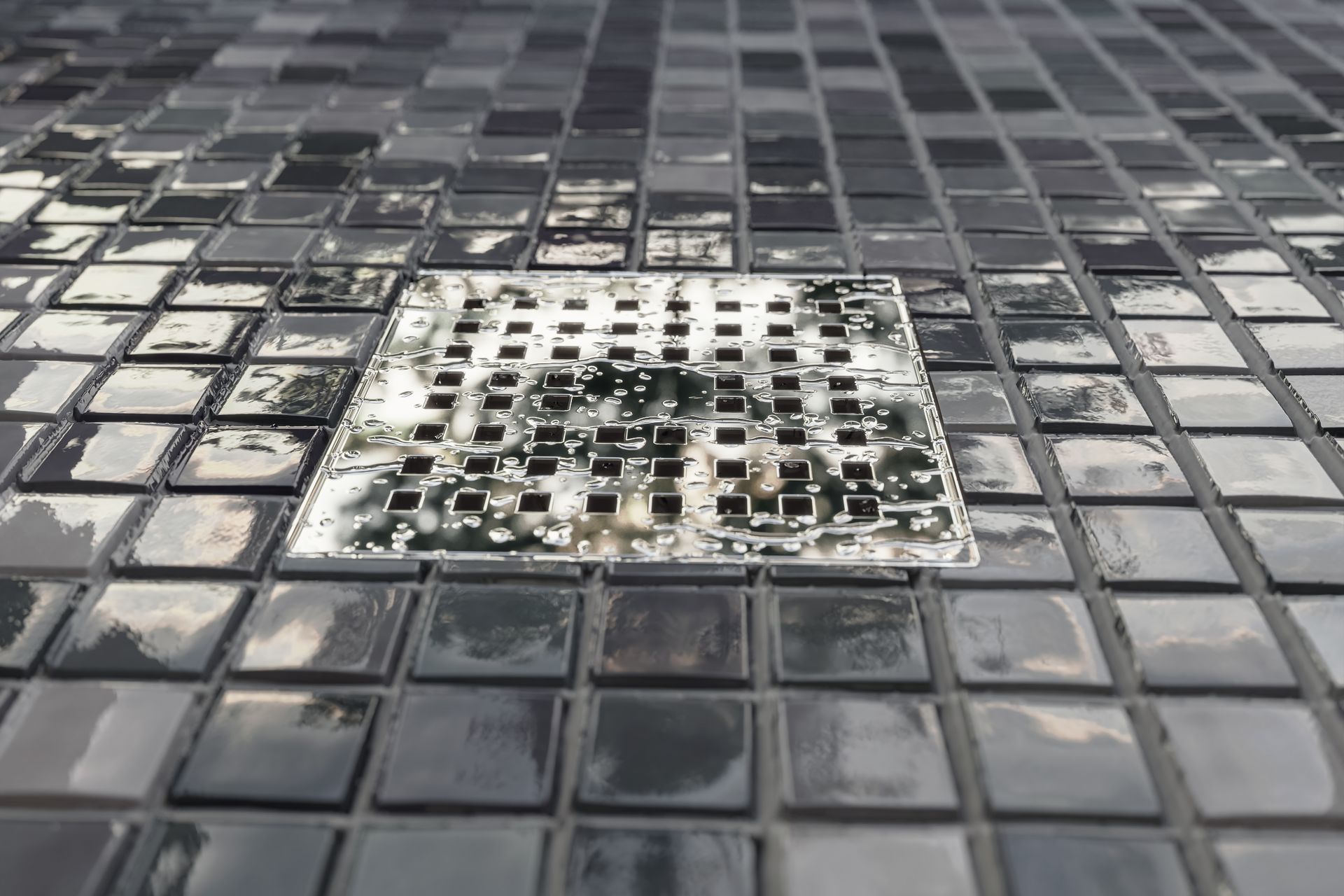The Importance of Controlling Humidity in Your GA Home
Maintaining a comfortable and healthy living environment in Georgia requires more than just keeping your home at the right temperature. Humidity plays a critical role in your home’s indoor comfort and air quality. Whether it's the sweltering heat of summer or the unpredictable winter moisture, managing indoor humidity is essential for both comfort and your home’s overall health.
At Buzzell Plumbing, Heating, and Air Conditioning, we understand the challenges that Georgia homeowners face when it comes to controlling humidity. In this guide, we’ll dive into the importance of humidity control in your home, how high humidity can affect your living space, and practical solutions to keep your home comfortable year-round.
Why Humidity Control is Essential for Georgia Homes
Georgia's humid subtropical climate means high humidity is common, especially during the hot summer months. Humidity refers to the amount of moisture in the air, and when it gets too high, it can lead to various problems for both your home and your health.
Humidity levels above 60% can create a breeding ground for mold, mildew, and other allergens. Additionally, humidity affects the functioning of your HVAC system, plumbing, and even the structure of your home. If you live in Georgia, it’s crucial to keep your indoor humidity in check to avoid these issues.
Benefits of Controlling Humidity in Your Home
- Improved Indoor Air Quality: Excess humidity can exacerbate allergies, asthma, and respiratory issues by encouraging mold growth and dust mites.
- Preventing Mold and Mildew: Proper humidity control helps prevent mold buildup on walls, ceilings, and floors, saving you costly repairs.
- Preserving Your Home’s Integrity: Too much moisture can weaken building materials, cause paint to peel, and even rot wood framing.
- Energy Efficiency: Humidity control can enhance your HVAC system’s performance, reducing energy costs by allowing your air conditioning to work more efficiently.
How High Humidity Affects Your Home and Health
When humidity levels are too high, it can lead to a variety of problems:
1. Mold and Mildew Growth
Excess moisture creates the perfect environment for mold and mildew to flourish. These fungi thrive in damp areas, such as bathrooms, basements, and even inside your walls. Mold can cause serious health issues, including respiratory problems, allergies, and skin irritation.
Health Risks Associated with Mold: According to the CDC, mold exposure can trigger asthma attacks, allergic reactions, and chronic sinus infections. If you notice a musty smell or visible mold growth, it’s time to address your humidity problem.
2. Damage to Your Home’s Structure
Wooden floors, furniture, and framing can become weakened or warped due to high humidity. In addition, moisture can cause paint to bubble, wallpaper to peel, and ceilings to discolor. Over time, this damage can be costly to repair.
3. Dust Mites and Allergens
High humidity encourages the growth of dust mites, which can aggravate allergies and asthma. These microscopic creatures thrive in damp environments and feed on dead skin cells, making them a constant nuisance.
4. Reduced Comfort
Excess moisture makes the air feel warmer, leading to discomfort, especially during Georgia’s hot and sticky summers. High humidity levels can make it feel like the temperature is several degrees higher than it actually is, making it harder to stay cool.
Effective Solutions for Managing Humidity in Your Home
Fortunately, there are various solutions you can implement to control humidity in your home. Here are some practical tips and tools:
1. Use a Dehumidifier
One of the most effective ways to reduce humidity is to use a dehumidifier. These devices work by pulling moisture from the air, making your home feel cooler and more comfortable. Dehumidifiers are especially useful in high-humidity areas like basements and bathrooms.
Tip: Regularly clean your dehumidifier to ensure it works effectively.
2. Improve Ventilation
Good airflow is key to managing humidity. Open windows and doors to allow air to circulate throughout your home. Use exhaust fans in high-moisture areas like the bathroom and kitchen to remove excess humidity. A whole-house ventilation system can also help to improve air quality and humidity levels.
3. Invest in a Humidity-Sensitive Thermostat
Many modern HVAC systems come equipped with humidity-sensitive thermostats that help regulate both temperature and humidity in your home. These systems can adjust the temperature based on humidity levels, helping to maintain a comfortable environment year-round.
4. Use Your Air Conditioner
Air conditioning systems not only cool your home but also help to remove excess moisture from the air. Be sure to maintain your AC unit regularly to ensure it’s functioning at its best. If you need assistance, Buzzell Plumbing offers comprehensive AC maintenance services to optimize your unit’s performance.
5. Seal Leaks and Insulate Your Home
Humidity can also enter your home through cracks and gaps in your walls, windows, and doors. Sealing these leaks and ensuring proper insulation can help prevent moisture from entering your home. In addition, installing vapor barriers in your crawl space or basement can keep moisture from seeping into your living areas.
6. Monitor Humidity Levels
Invest in a hygrometer, a tool that measures the humidity levels in your home. This device helps you monitor and maintain ideal humidity levels between 30% and 50%. If your humidity is consistently high, it may be time to consider professional assistance.
When to Call a Professional for Humidity Control in Your Home
While many homeowners can manage humidity issues on their own, there are times when professional intervention is necessary. Here’s when to call Buzzell Plumbing for assistance:
- Persistent Mold Growth: If you’ve tried cleaning but mold keeps returning, it could be due to an underlying humidity issue that requires professional equipment.
- HVAC Malfunctions: If your HVAC system isn’t effectively controlling humidity or air quality, it may need repairs or upgrades.
- Excessive Dampness in the Basement or Crawl Space: If you notice dampness in these areas, it’s crucial to act quickly to prevent structural damage and mold growth.
- Noisy or Inefficient Dehumidifiers: If your dehumidifier isn’t functioning properly, Buzzell Plumbing can inspect and repair it.
Keep Your Home Comfortable and Healthy with Proper Humidity Control
Controlling humidity in your home is essential for both comfort and health, especially in Georgia’s humid climate. By understanding the effects of high humidity and implementing simple solutions, you can maintain a healthy and comfortable indoor environment for you and your family.
At Buzzell Plumbing, Heating, and Air Conditioning, we’re here to help you with all your humidity control and indoor air quality needs. Whether you need professional HVAC services, dehumidifier installation, or plumbing solutions to prevent moisture problems, our experienced team is ready to assist.
Contact Buzzell Plumbing today to schedule a consultation or get more information on how to improve the air quality in your home. Let us help you stay comfortable and breathe easy!
Helpful Resources
- The CDC’s Guide on Mold and Health
- EPA’s Tips for Managing Indoor Humidity
- Learn About Dehumidifiers from the Energy Star Program
